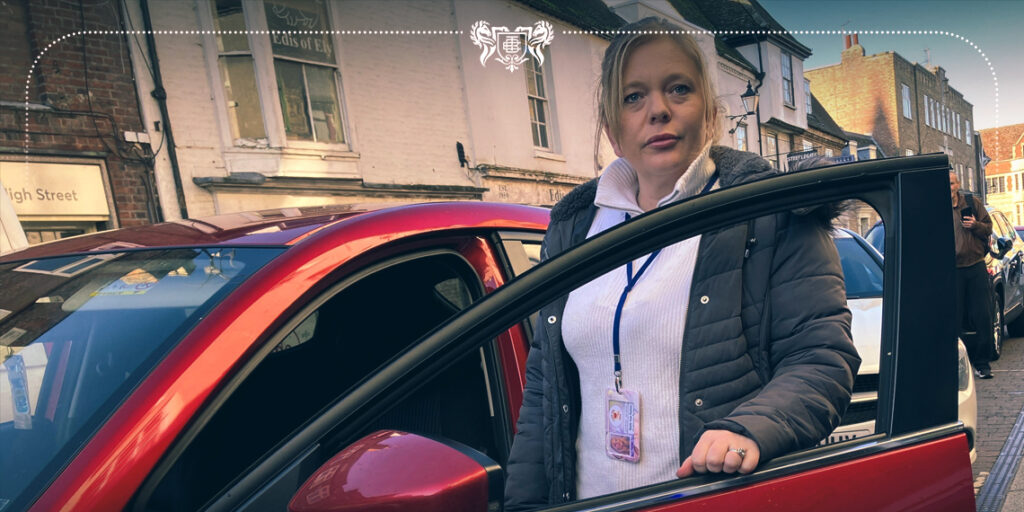The UK government is reportedly considering a fuel duty hike of 5p to 8p per litre in this week’s Budget. With fuel duty currently set at 52.95p per litre (plus VAT) and contributing around £25 billion annually, the tax hasn’t risen since 2011, with the previous government even reducing it by 5p in 2022.
However, advocates for sustainable transport argue that maintaining low fuel prices contradicts the government’s goals to cut carbon emissions and address the high cost of rail travel.
Campaign for Better Transport estimates that reversing the 5p fuel duty cut could generate an additional £2.6 billion annually. Yet, business owners in rural Cambridgeshire worry that an increase in fuel duty could have damaging effects on their operations.
Impact on Rural Businesses
Katie Thorogood, co-owner of the Ely-based home care provider Love Life Care, highlighted how rising fuel costs could strain her business. Spending about £1,000 monthly to cover staff mileage, she fears that a duty hike would force them to raise fees, impacting their clients. “When fuel prices rise, clients often reduce their care packages, which can leave them in vulnerable positions,” Thorogood explains. “This may also discourage new hires and force us to limit our service areas, risking our capacity to deliver essential care.”
Trevor Rowell, owner of a haulage business in the Fens, shared similar concerns. With a monthly fuel bill of £24,000, he worries an 8% increase would add nearly £2,000 in expenses. “We would have to pass this cost on to customers, but our industry is already struggling,” Rowell notes, adding that affordable fuel has been a “saving grace” amid other rising costs.
Cars as Essential, Not Luxury
For residents in rural areas, cars are essential for daily life. Phil Coulridge, a volunteer with the Chatteris Community Car scheme, explained that cars are critical for residents who lack access to local public transport options. “In Chatteris, cars are a necessity, not a luxury. We lack train services, and local buses are limited,” Coulridge stated. “If fuel duty rises, it would severely impact everyday life for people who rely on cars to access medical appointments and other essential services.”
As the Budget approaches, rural businesses and community organizations brace for potential changes to fuel duty. The government remains silent ahead of the announcement, leaving many to speculate on the potential economic and social impact of a duty increase.


